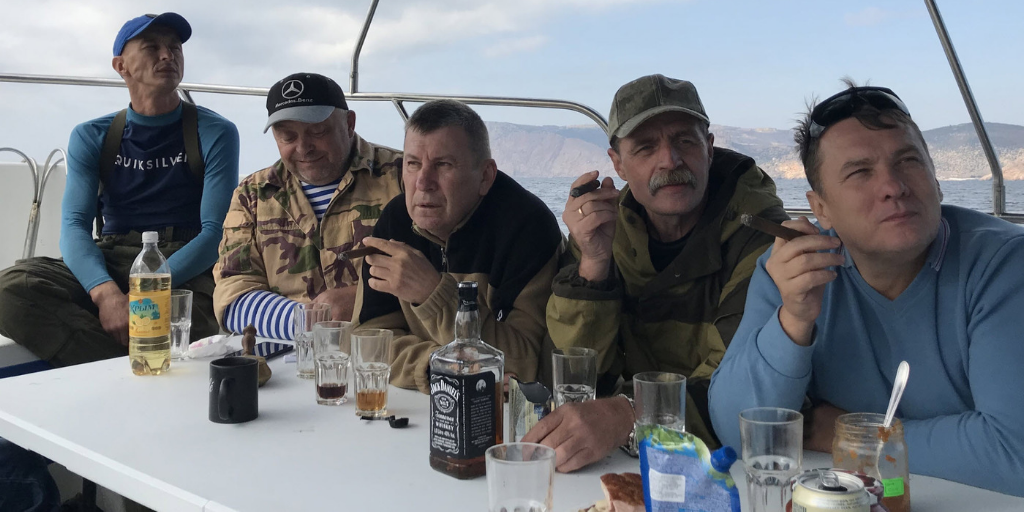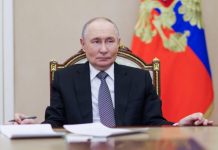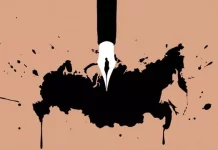
The greatest threat to the pro-Kremlin disinformation campaign is not always a strong pushback by the Kremlin’s external opponents.
Sometimes the disinformation is neutralised by internal mistakes due to miscoordination, laziness and corruption.
Bellingcat’s latest exposure of Russian operatives in eastern Ukraine is an example of the Russian system becoming its own worst enemy.
False passports
Last week, Bellingcat compared information from Russian data bases containing information about issuing of passports, tax payers and passengers transported by airlines in Russia.
In theory, these data bases are not supposed to be public; but leaked versions are available for sale on the black market in Russia.
Bellingcat’s series of tweets about the investigation reads like a fascinating short story about incompetent disinformation:
“Igor Nikolaevich Beregovoy”, born 30/12/1965, flew to Simferopol on 27 Oct 2014. That same day, Igor Nikoalevich Bezler (born 30/12/1965) told a colleague that he has left the Donbas for good, returning home to Simferopol.https://t.co/qw4WXTO8AZ
— Bellingcat (@bellingcat) November 7, 2019
Andrei Laptev is also known as the former Defense Minister of South Ossetia, from 2006-8. Oleg Ivannikov (his real identity) has maintained this persona for over 15 years. pic.twitter.com/oztl46oQxA
— Bellingcat (@bellingcat) November 7, 2019
The geniuses at Russia’s passport office in Moscow processed the fake identities for both “Laptev” and “Beregovoy” at the same time, making their passport numbers only a couple dozen digits apart. Obviously, it’s easy to search for all the passports with digits between them.
— Bellingcat (@bellingcat) November 7, 2019
Thanks to an absurd amount of incompetence and corruption in Russia’s public sector, there are hundreds of leaked databases revealing all of this information. More on how the GRU is awful at keeping their operatives’ identities secret here:https://t.co/qw4WXTO8AZ
— Bellingcat (@bellingcat) November 7, 2019
Ukraine has no “civil war”
Bellingcat’s exposure would be less embarrassing for the Kremlin if nothing similar had happened before; but it is part of a tendency.
Russian state-controlled TV has used screenshots from a computer game to illustrate the war in Syria. An election result of 146% has been presented as authentic. A smile has been added to the face of North Korean leader Kim Jong-un to make him look extra happy about meeting Russia’s foreign minister. A hyped Russian military robot turned out to be a Korean toy. And there have been many more embarrassing moments.
If the Kremlin can’t even manage to separate the passport numbers of the operatives it deploys in Ukraine, how can it hope that the world will believe it when it calls the conflict in the country “a civil war”?




